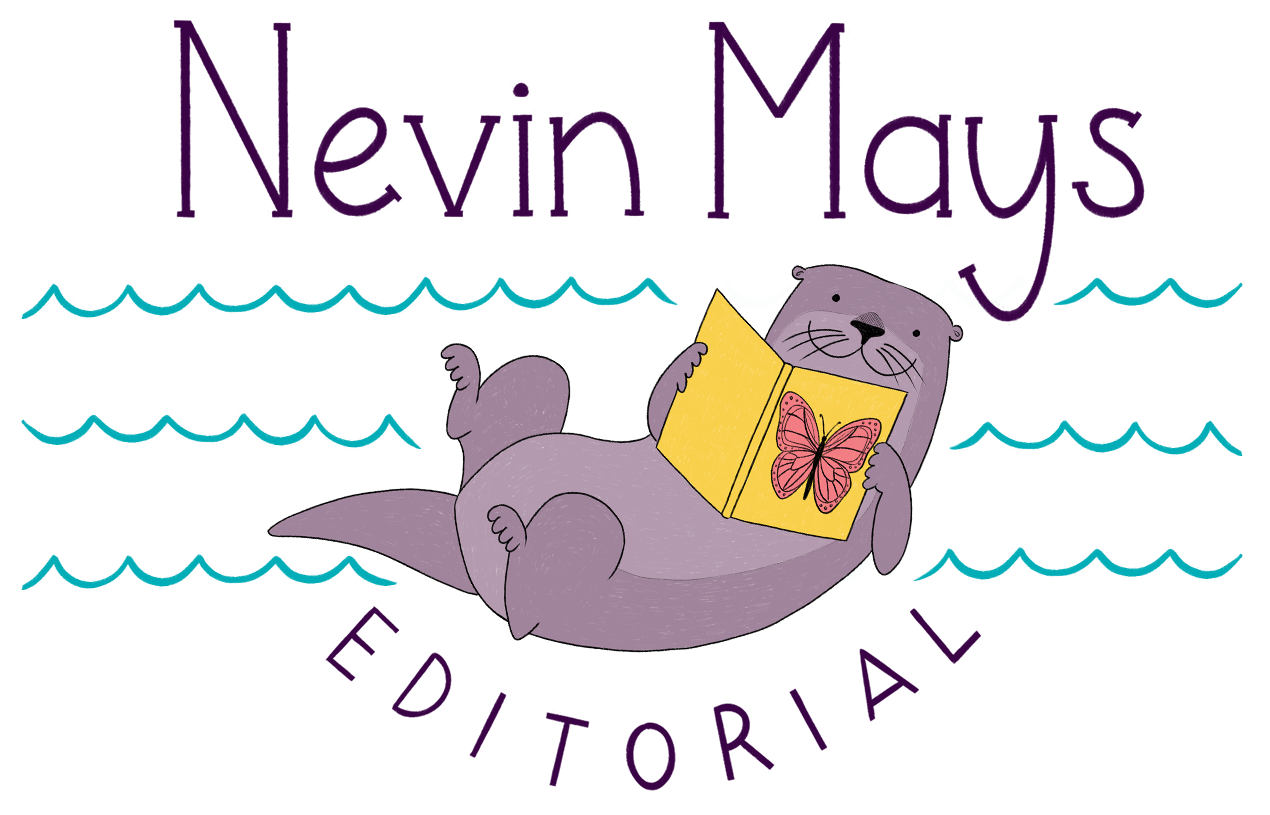Why you should kill your darlings (or at least set them aside for later)
I haven’t posted anything new for a long time. I have been working, though. There’s one particularly fun project I’d like to share here. It is a story about a young character who I’ll call Quinn. He lives in a small community and has a crush on a girl in the community. We’ll call her Bea, just for fun. The first draft of the story involved Quinn’s goal to convince Bea to be his Valentine.
Quinn engages in some silly antics as he tries to figure out how to capture Bea’s attention and affection, and the first draft was a fun story. But one thing stuck out to me as potentially problematic—in this case, “problematic” meant that it risked making the book harder for booksellers to handsell* because the Valentine’s theme was limiting. As was, to a lesser degree, the idea of romance in a book for kids as young as three. It isn’t that romance should necessarily be taboo, but rather that three, four, five year olds don’t really know what girlfriends and boyfriends are. (But they do know what friendship is, and we’ll come back to that.)
Know how your book will be purchased
Focusing on Valentine’s Day and on romance can limit the time of year when a book is most likely to sell. As I read the first draft of this story, I imagined myself back at the children’s bookstore I worked at and how I would recommend this story to parents and teachers. I knew I would think of this story in February, but probably not at other times of year. Similarly, a book that has the word Halloween will come to mind most reliably only in October. Worse than a book being interesting for just a few days each year is a book that’s interesting for only one year—there are new, usually delightful Valentine’s books published every year, and I couldn’t say with confidence that I would choose Quinn’s story over something new after the book’s first publication year. It’s not that Quinn’s story wasn’t very, very good. It’s just that, like most people, I’m drawn to things that are novel.
But Quinn’s story had humor, a smart commentary on healthy social-emotional development, and an animal theme that might inspire kids’ interest in learning something new! So I knew that without the romance and Valentine’s theme this was a book I could and would recommend year-round, every year, to a variety of customers with different needs and interests.
Leave your darlings behind
I know it can be hard to remove from your story something you feel invested in. But I hope what I’ve explained above convinces you that sometimes it is in your and your readers’ and your career’s best interest to do just that.
In Quinn’s case, the author made their revisions without seeming to miss a beat! They turned what had previously been a love story into a lovely and authentic story of friendship. It now can be read in a handful of ways depending on what the reader brings to the story—and in my opinion, that makes for the most re-readable book. Now, Quinn and Bea’s tale can be seen as two shy characters learning about their mutual appreciation. It can be read as two friends gaining a deeper appreciation for one another. Or it can still be read as a love story, if that’s what you, the reader, want or expect to see. In that way it is now marketable as a Valentine’s Day gift book or Valentine’s Day story time read-aloud. AND it’s also a conversation starter for caregivers who want to talk to their young readers about friendship, or perhaps about being brave and taking risks, or even about our preconceptions and assumptions and how those assumptions can be helpful or harmful. And it’s still a fun way to interest kids in animals. When the book is published, I’ll explain that detail a bit more. ;-)
Save your darlings
I never did learn from the author if they found it difficult to change from a Valentine’s/romance story to a friendship/bravery story. Maybe it was easy for this particular author. I hope it was, because it’s such a great, real example of how sometimes letting go of your darlings can open up magical opportunities for your story and storytelling.
But whether it’s easy or not, I always tell my clients “don’t throw away anything.” Create a “Deleted Scenes” folder and save everything there. You never know when an opportunity will arise to use that perfect turn of phrase or insert that moving dialog or add a Valentine’s themed book to an existing series of Quinn and Bea stories!
*In case you aren’t familiar with the term “handsell”, as I wasn’t until at least a year after I started working at a bookstore: Handselling is the term used for when booksellers recommend specific books to customers. They literally hand the book to the customer and do a short book talk about what they love about the book. Handselling is a really important part of the bookselling ecosystem. When booksellers get behind a book they can make it go viral, basically. So it’s always good to keep in mind how, when, why a bookseller will describe your book and to which customers.
Happy writing!
